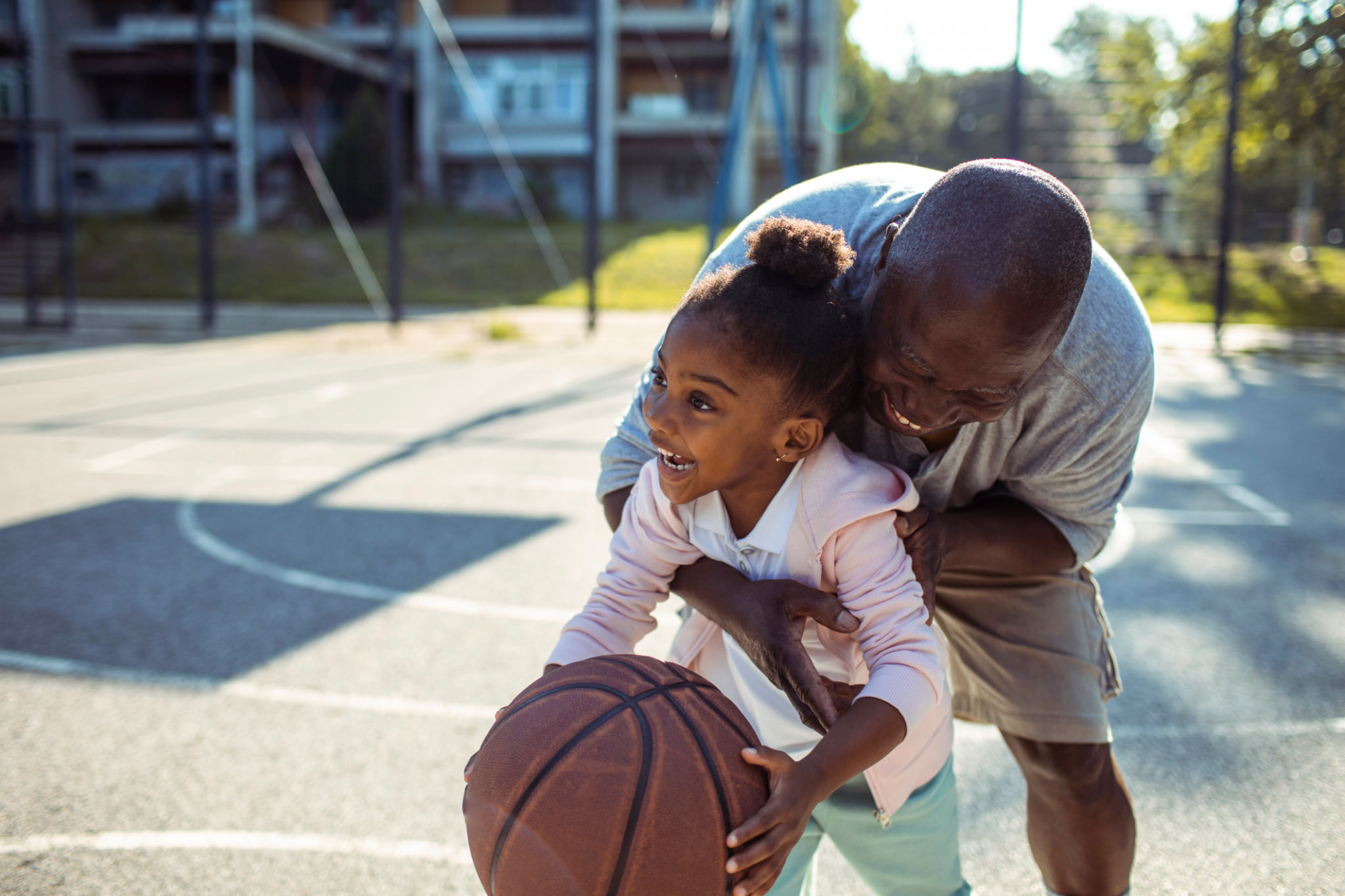Seasonal Basketball Training Tips: Preparing for Peak Performance
Understanding the Importance of Seasonal Training
Basketball is a sport that requires a unique blend of strength, agility, and endurance. As the seasons change, so should your training regimen. Whether you're gearing up for the competitive season or winding down after it, adjusting your training can help you maintain peak performance and avoid injuries.

Off-Season: Building Strength and Endurance
The off-season is your opportunity to focus on building a solid foundation. During this time, prioritize strength training to enhance muscle mass and overall power. Incorporate exercises like squats, deadlifts, and bench presses to develop core strength.
Endurance is equally important. Incorporate cardiovascular exercises such as running, cycling, or swimming into your routine. This helps improve stamina, ensuring you're prepared for those intense fourth quarters.
Pre-Season: Focusing on Skills and Agility
As the season approaches, shift your focus towards skill development and agility. Drills that enhance dribbling, shooting, and passing are crucial during this phase. Consider working with a coach to refine your techniques and identify areas for improvement.

Agility drills are also essential. Exercises like ladder drills, cone drills, and shuttle runs can help improve your quickness and reaction time on the court, giving you an edge over your opponents.
In-Season: Maintenance and Injury Prevention
Once the season is in full swing, your goal should be to maintain the strength and skills you've developed. Reduce the intensity of your workouts to prevent fatigue and focus on maintenance.
Injury prevention is crucial during the season. Incorporate stretching and flexibility exercises to keep muscles supple and reduce the risk of strains. Pay attention to any signs of overuse injuries and address them promptly.

Post-Season: Recovery and Reflection
After the season ends, it's time for recovery and reflection. Allow your body some rest to recover from the physical demands of the season. Light activities such as yoga or swimming can aid in active recovery.
Take this time to reflect on your performance. Identify strengths and areas for improvement. Setting new goals and planning for the next training cycle can provide motivation as you prepare to start the process again.
Nutrition: Fueling Your Performance
Nutrition plays a vital role in your training and performance. Ensure you're consuming a balanced diet rich in proteins, carbohydrates, and healthy fats. Staying hydrated is equally important, as dehydration can impair performance.

Consider consulting with a nutritionist to develop a meal plan that supports your training objectives. Proper nutrition can make a significant difference in how you perform and recover.
Mental Preparation: The Game Within
Mental toughness is as critical as physical preparation. Incorporate mental training techniques such as visualization, mindfulness, and positive self-talk into your routine. These can enhance focus and resilience on the court.
Meditation and breathing exercises can also help manage stress and maintain composure during high-pressure situations.
Conclusion: Achieving Peak Performance
By adjusting your training according to the season, you can enhance your performance and reduce the risk of injury. Remember, basketball is not just about physical prowess; it's a holistic sport that requires mental acuity, strategic thinking, and consistent effort.
Stay committed to your training regimen, and you'll be well on your way to achieving peak performance when it matters most.